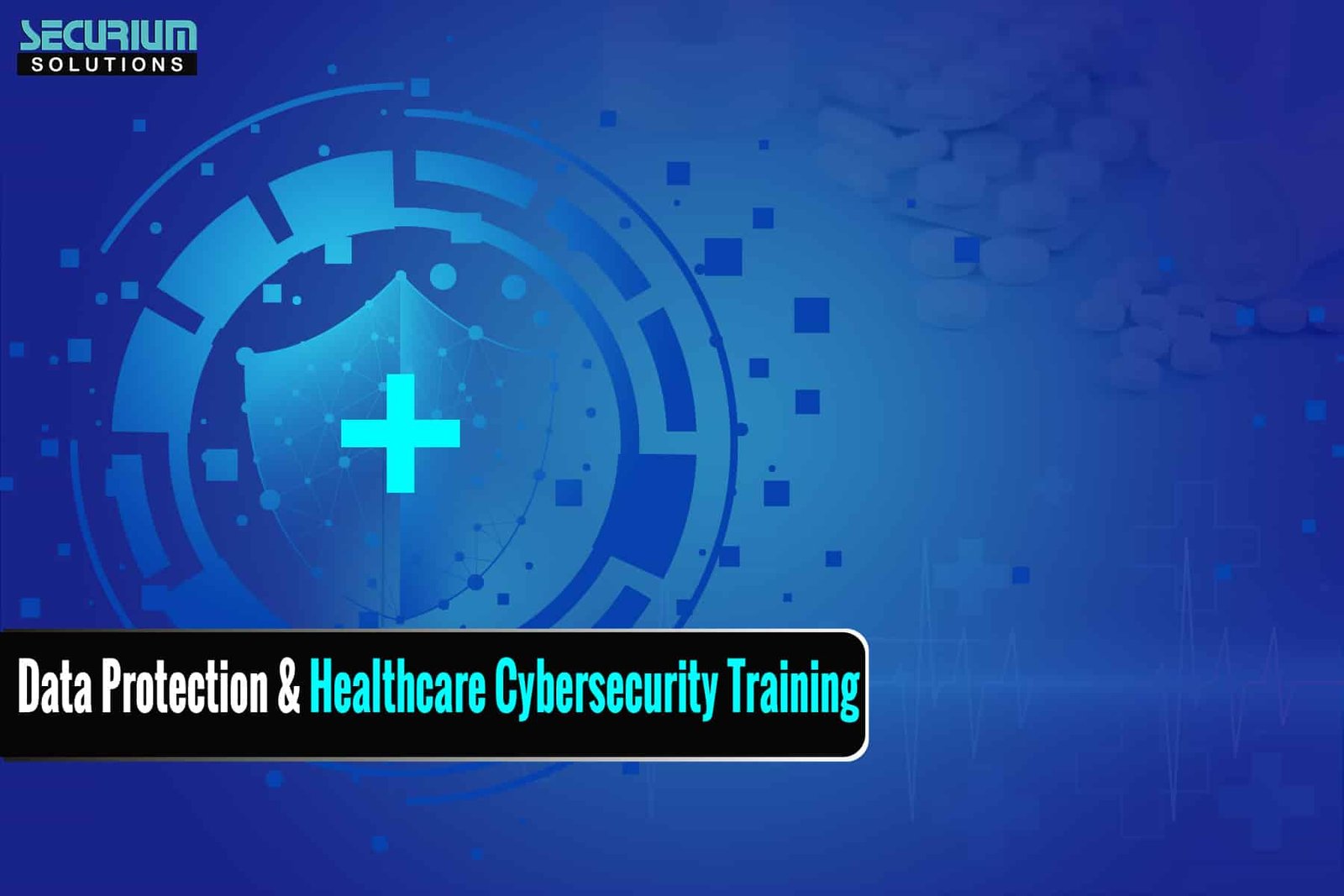Introduction
The healthcare industry is progressively depending on innovation to move forward persistent care, streamline operations, and upgrade information openness. Be that as it may, this computerized change brings with it noteworthy cybersecurity dangers. Healthcare cybersecurity preparing has developed as a crucial component in shielding persistent data from malevolent performing artists. People looking for to reinforce their aptitudes in healthcare cybersecurity can seek after HCISPP preparation online, permitting them to pick up a profound understanding of the security and protection challenges particular to the healthcare division. By completing healthcare cybersecurity certification programs, experts can illustrate their competence and commitment to ensuring the privacy and astuteness of healthcare information.
Healthcare’s Special Cybersecurity Challenges
Because of the sensitivity and significance of patient data, the healthcare business faces particular cybersecurity issues. Personal information such as medical histories, social security numbers, and financial information can be found in electronic health records. Furthermore, the growth of interconnected medical equipment and telehealth platforms expands the attack surface, exposing organisations to data breaches, ransomware attacks, and unauthorised access.
Consequences of Healthcare Data Breach
Information breaches within the healthcare industry have far-reaching results. They not as it were compromise persistent protection but can too disturb operations, harm the organization’s notoriety, and result in strong monetary punishments. Moreover, healthcare suppliers have a lawful and moral duty to ensure persistent information and keep up believe in their capacity to keep data secure.
Key Cybersecurity Strategies for Healthcare Organizations:
Risk Assessment and Management: Conduct regular risk assessments to identify vulnerabilities and prioritize security measures. Develop a comprehensive risk management plan that addresses technical, physical, and administrative aspects of cybersecurity.
Robust Access Controls: Implement strong access controls to ensure that only authorized individuals can access patient data. This includes multifactor authentication, role-based access controls, and encryption of sensitive information.
Employee Education and Awareness: Train staff members on best practices for cybersecurity, such as recognizing phishing attempts, secure password management, and the importance of reporting suspicious activities. Regular awareness campaigns help foster a culture of security within the organization.
Regular Software Updates and Patching: Keep all systems, software, and medical devices up to date with the latest security patches and firmware updates. Promptly address vulnerabilities to prevent exploitation by cybercriminals.
Network Segmentation and Segregated Systems: Segment networks to limit the lateral movement of threats. Implement separate networks for administrative functions, patient data, and internet-facing systems to reduce the impact of a breach.
Incident Response and Business Continuity Planning: Develop an incident response plan that outlines steps to be taken in the event of a cybersecurity incident. Establish backup and recovery protocols to ensure business continuity and minimize data loss.
Third-Party Risk Management: Vet and monitor third-party vendors that handle patient data. Ensure they adhere to robust security standards and conduct regular audits to evaluate their compliance.
Healthcare Cyber Security Certification:
There are various healthcare cybersecurity certifications available that focus primarily on the healthcare industry’s unique security problems and best practices. These credentials allow individuals to demonstrate their knowledge, skills, and expertise in protecting patient data and healthcare organizations from cyber attacks. Among the most popular healthcare cybersecurity credentials are:
There are several healthcare cybersecurity training and certifications available that focus specifically on the unique security challenges and best practices within the healthcare industry. These certifications help professionals demonstrate their knowledge, skills, and expertise in safeguarding patient data and protecting healthcare organizations from cyber threats. Some popular healthcare cybersecurity training and certifications include:
- HCISPP (HealthCare Information Security and Privacy Practitioner): Offered by (ISC)², the HCISPP certification validates individuals’ expertise in implementing, managing, and assessing security and privacy controls in healthcare environments.
- CHCIO (Certified Healthcare Chief Information Officer): Provided by the College of Healthcare Information Management Executives (CHIME), this certification is designed for healthcare IT leaders who demonstrate proficiency in strategic planning, governance, and cybersecurity.
- CISSP Healthcare (Certified Information Systems Security Professional – Healthcare): A specialized concentration within the CISSP certification offered by (ISC)², CISSP Healthcare focuses on security practices, regulations, and technologies specific to the healthcare industry.
- CPHIMS (Certified Professional in Healthcare Information and Management Systems): Offered by the Healthcare Information and Management Systems Society (HIMSS), CPHIMS certification validates knowledge in healthcare information and management systems, including cybersecurity.
- HITRUST CSF (Health Information Trust Alliance Common Security Framework) Certification: The HITRUST CSF certification demonstrates an organization’s adherence.




